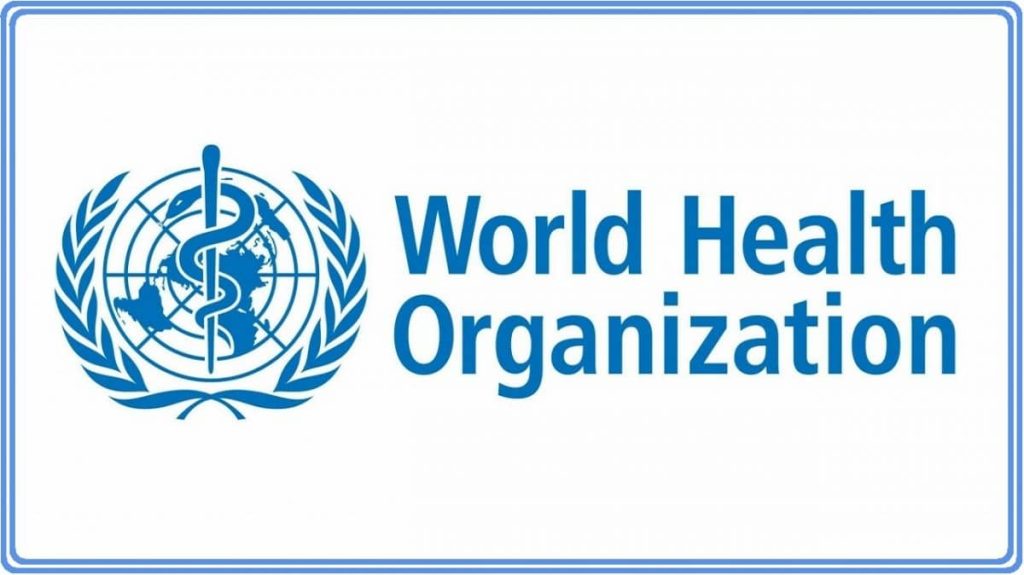The World Health Organisation has released its second Global Hypertension Report, revealing that 1.4 billion people worldwide were living with hypertension in 2024, yet only about one in five have the condition under control. The report, launched during an event co-hosted with Bloomberg Philanthropies and Resolve to Save Lives, highlights the significant burden of hypertension on global health.
According to the report, hypertension remains a leading cause of heart attack, stroke, chronic kidney disease, and dementia, resulting in millions of premature deaths each year. Despite being preventable and treatable, the World Health Organisation warns that urgent action is needed to address the issue, as the economic costs of cardiovascular diseases, including hypertension, are projected to reach $3.7 trillion in low- and middle-income countries from 2011 to 2025.
The report also exposes a stark inequality in access to medicines, with 93% of high-income countries reporting general availability of all WHO-recommended hypertension drugs, compared to only 28% of low-income countries. The World Health Organisation emphasises that blood pressure medicines are among the most cost-effective public health tools, but barriers such as weak regulatory systems, poor supply chain management, and inadequate prescribing practices hinder access.
Dr. Tom Frieden, President and CEO of Resolve to Save Lives, stresses that safe and effective medicines to control blood pressure exist, but many people are unable to access them. The World Health Organisation Director-General, Dr. Tedros Adhanom Ghebreyesus, laments the scale of preventable deaths linked to hypertension, noting that over 1,000 lives are lost every hour to strokes and heart attacks caused by high blood pressure.
In a separate development, the World Health Organisation has cautioned against claims linking acetaminophen use during pregnancy to autism, citing inconsistent evidence and warning against drawing premature conclusions. The organisation reiterates its call for urgent global action to expand access to life-saving medicines and strengthen public health systems, highlighting the need to address both hypertension and misinformation as dual challenges to global health. The report’s findings underscore the importance of continued efforts to prevent and control hypertension, and to ensure equitable access to essential medicines and healthcare services worldwide.
